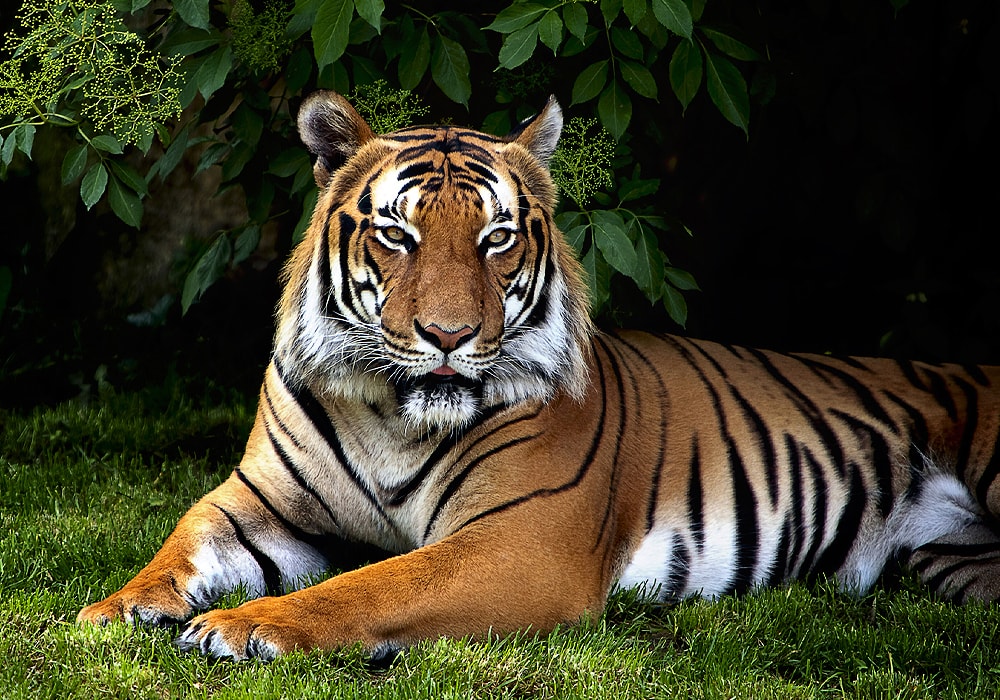Animals have always been a part of the human experience. We rely on them for food, we welcome them into our homes as companions, and we treasure them for their beauty. As human beings, we are unable to completely separate ourselves from animals and nature. As such, it is only proper that learning about animals is an essential route towards deepening our understanding of ourselves and our place in the universe.
Table of contents
- Animal Symbolism and meaning
- Animal Native American Symbolism
- Animal Eastern Symbolism
- Animal Christianity Symbolism
- Animal Celtic Symbolism
- Animal Medicine
- Animal in Dreams
- Animal Encounters and Omens
- Animal Mythology and Folklore
- Spirit Animal
- Totem Animal
- Power Animal
- Animal Tattoo Meaning
Animal Symbolism and Meaning
It is common in many cultures to look to animals for spiritual guidance. Animals are often revered for the traits which they embody. Countless idioms utilize animals to dispense wisdom. In many religious practices, animals are used as symbols or representatives of gods or religious figures.
The ancient Greeks used the movements of birds to predict the future. (1) Although this may sound strange, superstitions surrounding clairvoyant animals persist to this day. Each year, groundhogs in zoos across the United States, most notably Punxsutawney Phil who has been the mascot of “Groundhog Day” since the 19th century, are used to predict how much longer winter will last. (2)
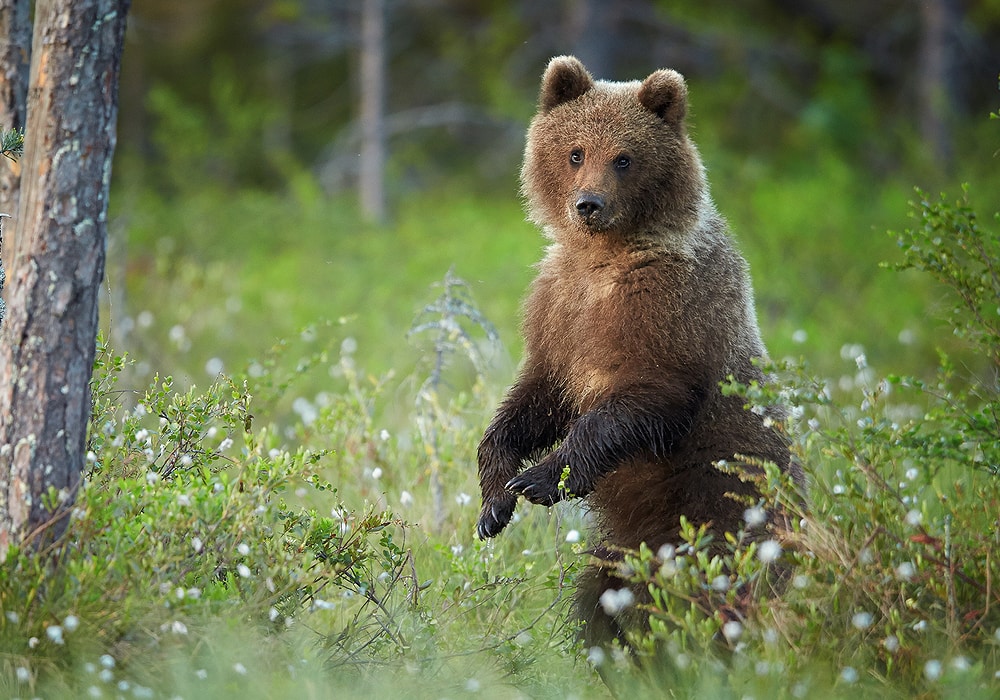
While accepting guidance or wisdom from animals in some sense is a nearly universal concept, some cultures have a more definitive spiritual role for animals. In many cases, animals are thought to represent certain human traits or personality archetypes. Depending upon the culture, these traits may create a symbolic or literal spiritual connection between human and animal. In some cases, the animal is discovered through careful introspection. In others, such as the Chinese zodiac, the animal is determined at birth and is believed to predetermine certain qualities.
Animal Native American Symbolism
Amongst many Native American cultures animals are used to demonstrate morals, explain the universe, and inform human values. Mythical tricksters, like the coyote of the Plains Indian tradition, were often animals revered for their craftiness. Their role is usually to humble mankind or to demonstrate the dangers of dishonesty, greed, or pride.
Many Native American legends treat different animals as possible creators of the earth. In many of these legends, the earth was created by either a muskrat or a giant raven. (3)
The perception that Native Americans were and are more in tune with animals and the natural world is somewhat controversial. Some feel that this stereotype mythologizes Native peoples or treats them as animalistic or primitive. In reality, there is no single homogenous Native American culture. However, Native American societies did and do tend to see themselves as a part of nature rather than its master. Native American religions often attribute powerful spirits to animals and require that they are treated with respect. (4)
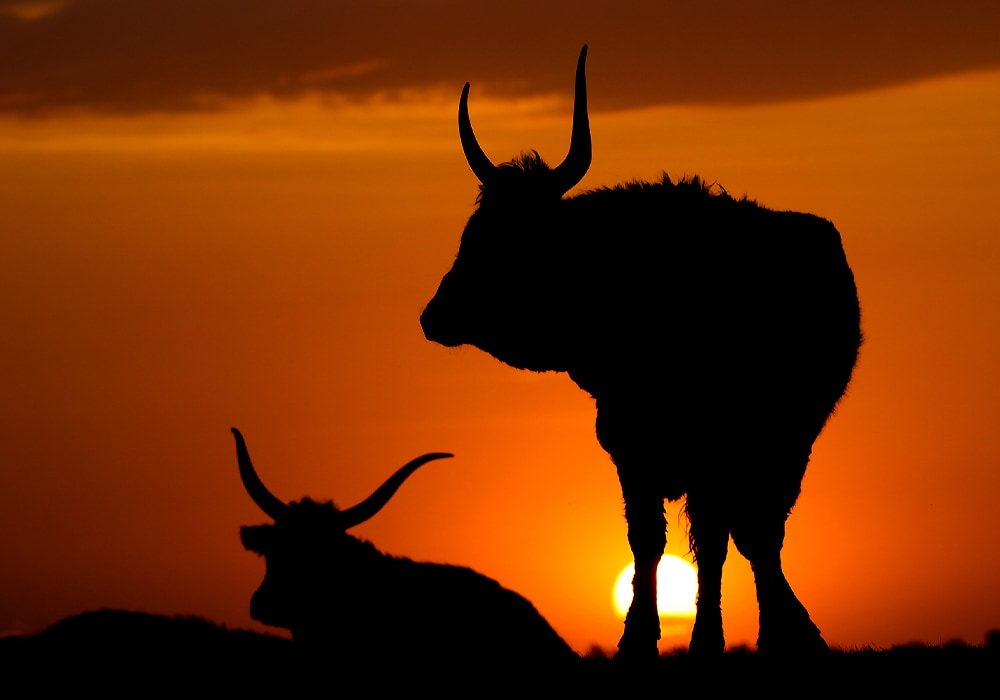
Many Native traditions emphasize the power and impact of the animal totem. Often depicted on totem poles, totem animals are spirit guides with which a person, family, or clan, shares a special kinship. Totem animals may be discovered through visions, dreams, or encounters, or they may be assigned to members of certain family lineages. (5)
Animal Eastern Symbolism
In Asia too, animals hold special significance. They are often the subjects of art and stories. In many cases, each animal has its own special meaning.
In Japanese culture, hawks have long been associated with power and wealth. Many Japanese nobles commissioned art depicting hawks as a sign of success or status. Depictions of hawks are considered auspicious symbols.
Cranes are also common Japanese animal symbols. Origami cranes are commonly given as gifts and can represent well-wishes. Other common Japanese animal symbols include rabbits, koi fish, and cats.
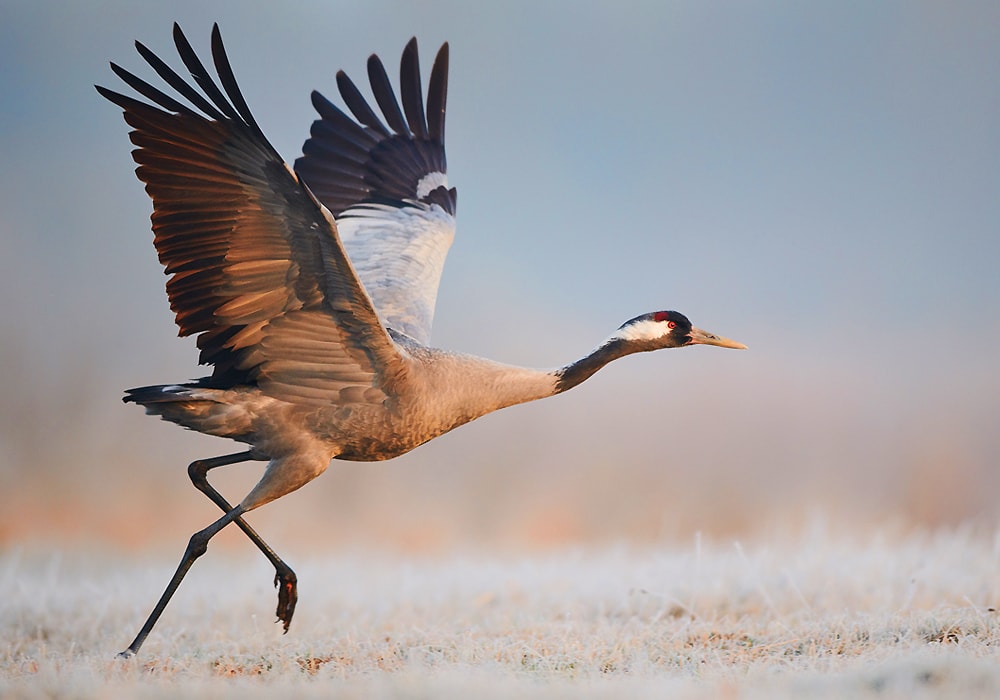
In China, animal symbolism is often drawn from the Chinese zodiac. The Chinese zodiac is a belief system which sorts people into twelve animal categories based on the year of their birth. The Chinese zodiac begins with the rat, followed by the ox, tiger, rabbit, dragon, snake, horse, sheep, monkey, rooster, dog, and finally the pig. (8)
The year of a person’s birth is also assigned an element. For example, 1999 was the year of the rabbit, but it was also an earth year. So, people born in 1999 would have the Chinese zodiac category of earth rabbit. It is believed by many that a person’s zodiac sign imbues them with certain personality traits and may even dictate the course of their life to some degree. For example, an earth rabbit zodiac predicts an individual that is reserved, traditional, earnest, and hard-working. (9)
Animal Christianity Symbolism
Animals are central to Christianity and many animals have been mentioned in the Bible as well as Christian artwork. According to the book Signs & Symbols in Christian Art by George Ferguson and George Wells Ferguson (10), the following are some common animals and their Christian symbolic animals’ meanings:
The ape symbolizes sin, lust, greed, and in general, the slothful soul of man. Ass and ox were present during the birth of Christ and they recognized Him as the Son of God. Therefore, they symbolize faith.
The basilisk, a mythological serpent, is the symbol of the Devil or Antichrist. The Bear symbolizes cruelty and evil influence. Bees, because of their activity and hardworking nature, have become symbols of activity, diligence, and industriousness.
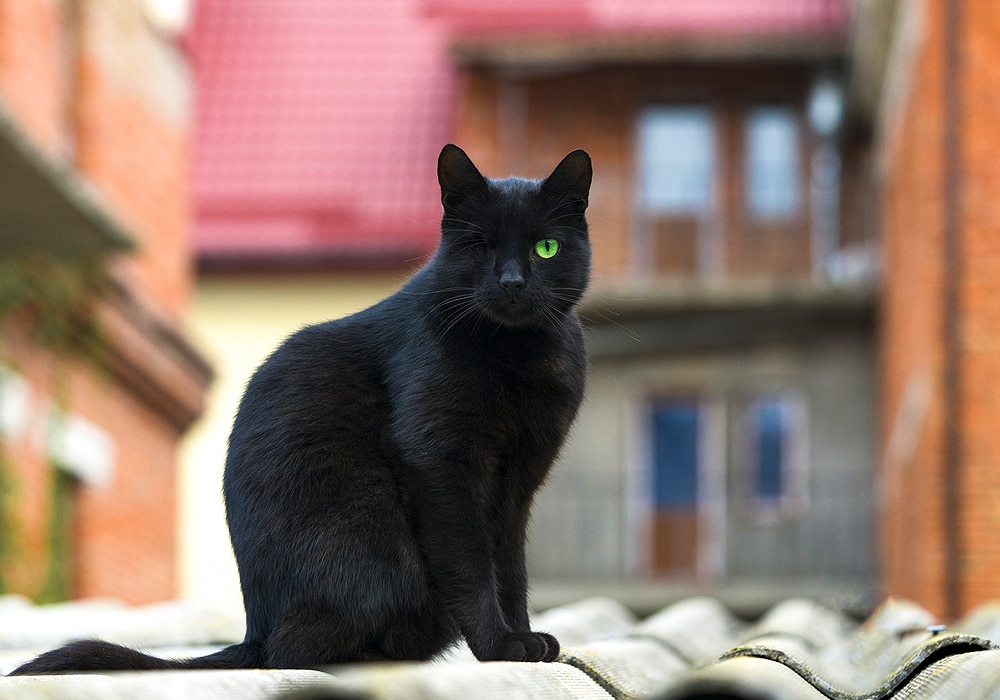
Bulls are used as symbols of brute strength and endurance. Camels symbolize temperance. The hair of the camel is associated with St. John the Baptist.
Cats are sometimes presented as symbols of laziness and lust while dogs have become the Christian symbol of watchfulness and fidelity.
The ermine is a small animal which sometimes represents purity. The fox is a symbol of cunning and guile and has also become a symbol of the Devil. Frogs were one of the plagues of the exodus and conveyed repulsive aspects of sin.
All of these associations, however, are secondary to the understanding that every animal is a treasured part of nature. Christians believe that the natural world was lovingly crafted by God. As such, it is not right to revile any of His creatures.
Animal Celtic symbolism
Evidence from early Celtic documents, archaeology, and iconography shows us that animals were the basis of elaborate rituals and beliefs. The Celts revered animals, which is why they are often depicted as having supernatural or divine qualities.
Many Celtic legends and tales describe animals associated with magic. In many cases, fearsome animals like boars, stags, and bulls appeared as symbols of the strength of warriors. In many early stories about great Celtic heroes, the hero’s power is demonstrated by hunting the most powerful animal around. In Culhwch and Olwen, this is Twrch Trwyth the boar. This mighty boar later appears in stories about the great King Arthur. (11)
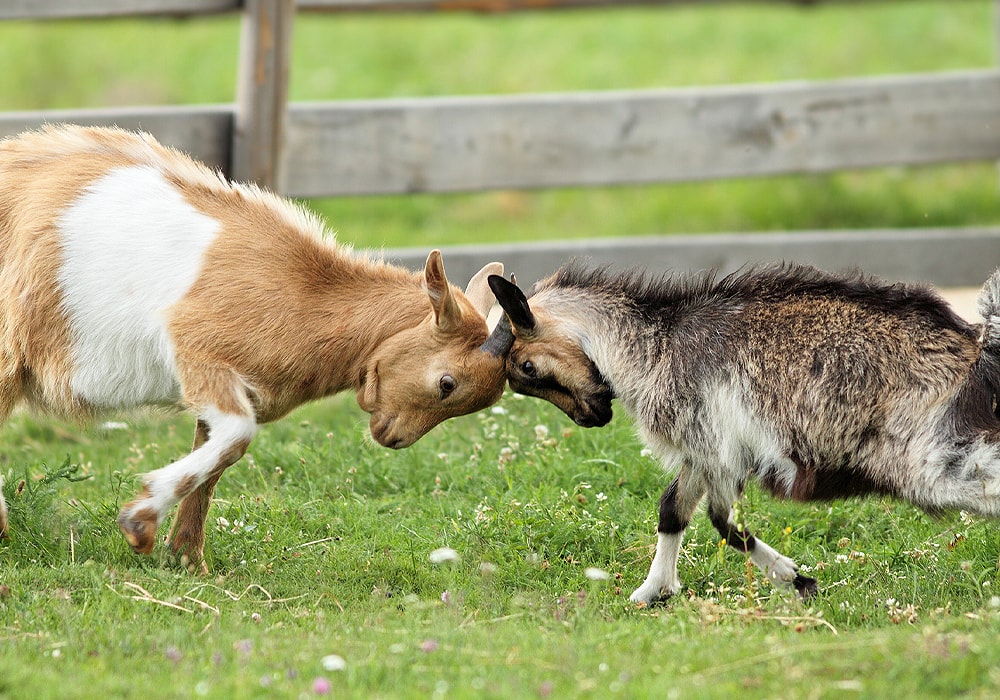
In many Celtic tales, both the greatest heroes and the most sinister villains are said to be powerful shapeshifters. The great bard Taliesin is said to have taken the form of a rabbit, a fish, and even a kernel of corn in order to flee the wrath of the witch Ceridwen. (12) Gwydion, the great magician, is cursed for several years to live as a deer, a pig, and a wolf as punishment for an act of trickery. (13)
Animal Medicine
The term animal medicine originates in the spiritual beliefs of certain Native American groups. It refers, not to literal medicine which heals physical ailments, but to the spiritual influence that animals have. It is believed by some that recalling the traits of certain animals can have a healing or guiding effect on one’s spirit.
Thus, animal medicine is anything that heals, empowers, strengthens, repairs, protects, and nourishes the human spirit through connecting with the animal kingdom.
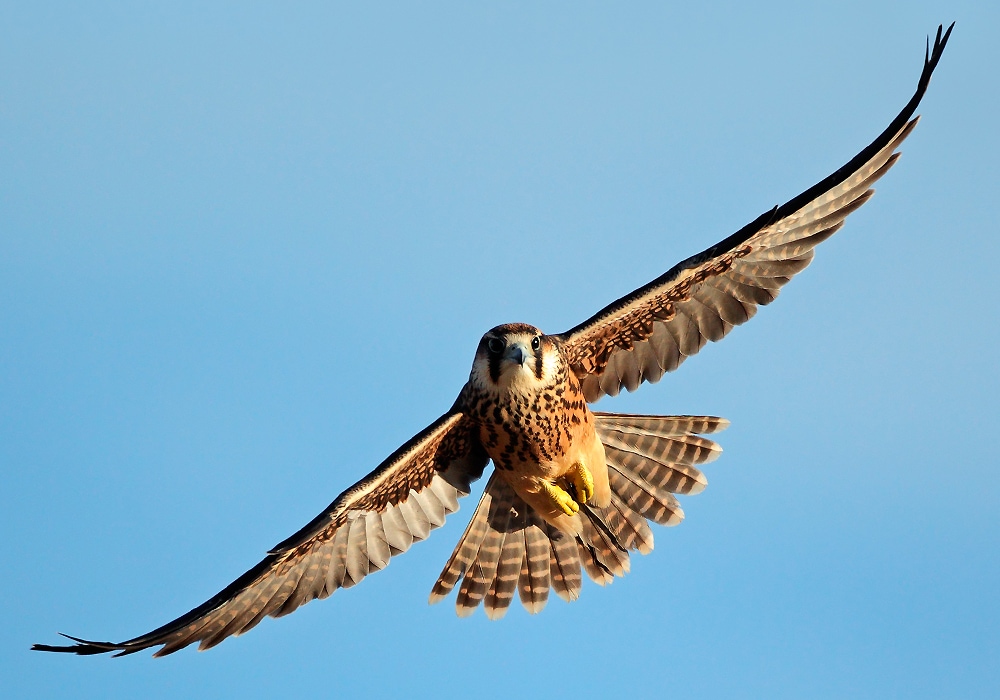
Some believers in animal medicine maintain that many different animals lend them their strength in times of need and guide them onto healing paths. For some, the practice of animal medicine is a natural extension of the belief in the influence of spirit, totem, and power animals. (14)
Animals in Dreams
Animals signify primal, instinctive, and sometimes base desires in dreams. Dreaming of fighting an animal may symbolize that something is worrying or frightening you.
It also indicates that you are grappling with part of yourself. Animals in dreams often signify personality traits, both the traits that we treasure and embrace and those that we reject.
When you dream of an animal, then, it is useful to analyze this animal’s characteristics. What does the animal in your dream mean to you? What do you think of when you think of this animal? For example, dreaming of a dog in somebody who values their companionship may signify faithfulness or affection. If somebody who fears dogs has a dream about a dog, it may instead represent anxiety or aggression.
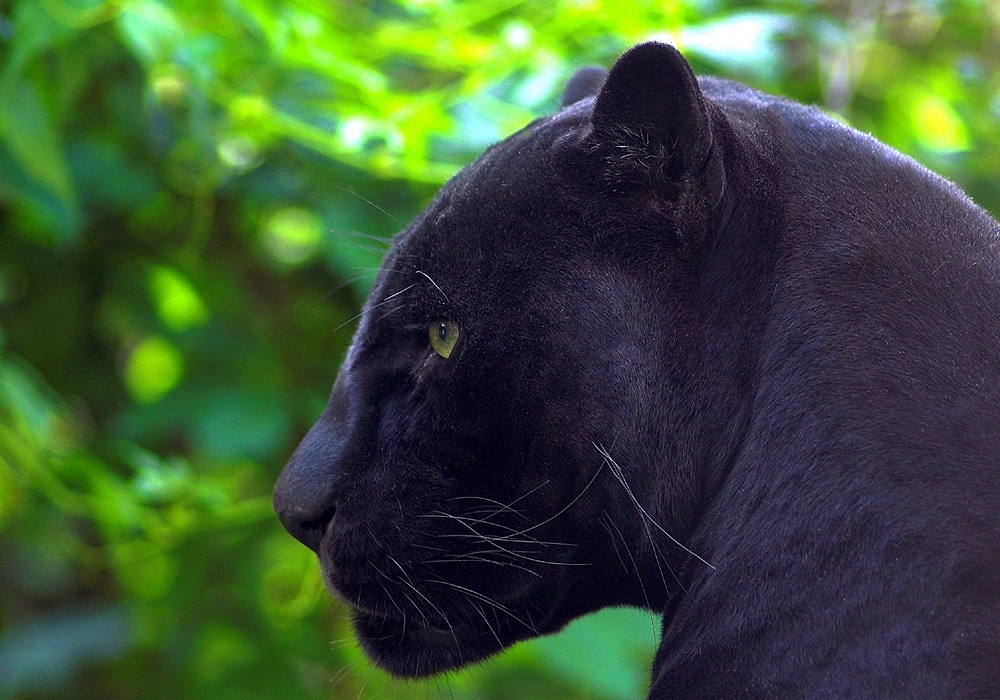
An animal in a dream may also relate directly to common symbolism or idioms attached to that animal. Dreaming of snakes, for example, may indicate deceitfulness. Dreaming of a rooster may signify masculinity.
Animal dreams may also relate to a person in your life whom you associate with the particular animal or with the animal’s traits. (15)
Animal Encounters and Omens
Many people also believe that encounters with animals can occur during times of need, provide guidance or comfort, or act as warnings. The following is a list of common animal encounter meanings. There are too many animals to address in one article, so check out our specific articles for information about particular animal encounters.
Ants – Ants signal the beginning of a busy period in your life. They are often used as symbols of industriousness or hard work. Because they live in complex social hierarchies, an ant encounter may signify a social problem or a need to socialize.
Beavers – beavers work in teams to achieve objectives. If a beaver swims your way, ask yourself if you have been tackling too much work on your own. Beavers are also skilled builders. Beaver encounters may signify the strength of the home.
Butterflies – Butterflies are the ultimate symbol for transformation and growth. An encounter with a butterfly can signify an oncoming period of growth or change. Butterfly encounters can also be reminders to be proud of one’s personal progress.
Cat – Although black cats are often the subject of superstition, cats in general represent wit, dexterity, and good fortune. A cat encounter is a sure sign that no matter what troubles you, you’re sure to land on your feet in the end!
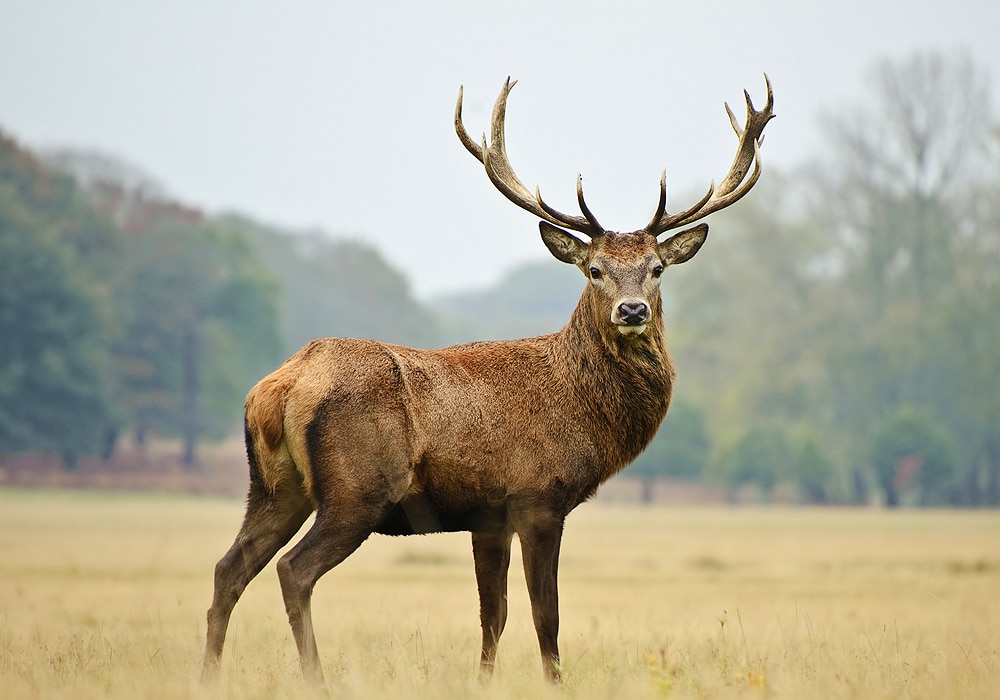
Crow – The crow represents intellect, wisdom, and supernatural messages. Encountering a crow is sure to bring wisdom and understanding.
Deer – Deer bring gentleness, empathy, and gratitude into the lives of those who encounter them. They act as reminders to appreciate the little things in life.
Dog – Dogs represent service, faithfulness, and friendship. Encountering a dog can be a reminder to appreciate those who support you and to return the favor when you can.
Snake – Although snake encounters may seem frightening, snakes rarely attack unprovoked and very few snakes are truly hazardous to human beings. A snake encounter is usually a sign of growth and a reminder to leave past baggage behind you.
Squirrel – Squirrel encounters can sometimes warn us to ensure that we are prepared for life’s unpredictable challenges. A squirrel encounter can also be a reminder to let loose and get playful once in a while. (16)
Animal Mythology and Folklore
Animals of all kinds have important roles in the mythological traditions of a number of cultures. The ancient Egyptian gods were often depicted with animal attributes. Many Egyptian deities even have animal heads or can shapeshift into animal forms.
As stated above, Native American traditions often treat animals as great spirits which existed long before humanity. In some traditions, various animals are even believed to have created the world.
In Hindu mythology, just like Egyptian mythology, many gods have animal attributes. Many gods also have sacred animals which they are often depicted riding or venerating in art and stories.
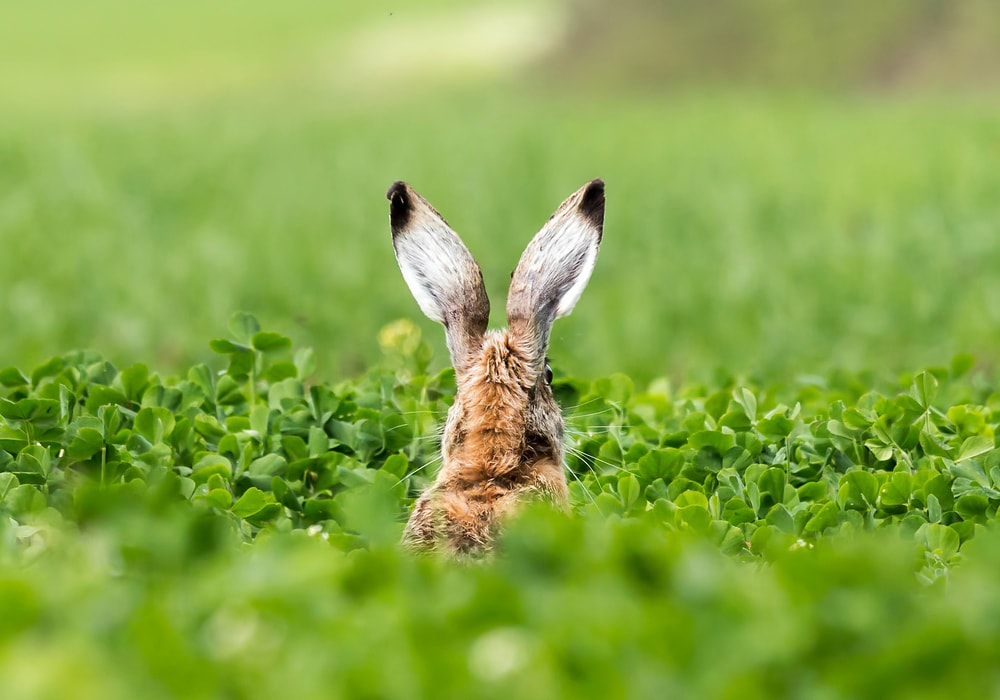
In Greek mythology, too, several gods have specific votive animals as well as the ability to shapeshift into various forms. Zeus, for example, is known to appear as a swan, an eagle, a cuckoo, and a bull. Additionally, Aesop’s fables use animal characters to convey morals or lessons which teach mankind how to behave. (17)
Animal Spirit Animal
So, how does one find their spirit animal and just what exactly does a spirit animal do? Well, spirit animals are very personal. What a spirit animal is and does depends largely on the shape and depth of one’s belief.
Often, people who do not particularly believe in spirit animals choose to find out their spirit animal as a fun way of engaging with their spiritual side and introspecting. Whether the spirit animal is real or accomplishes anything in these cases is less important than taking the time to look inward.
Many people who do believe in spirit animals, though, invest lots of time and focus into determining their spirit animal. This process can be as simple as identifying an animal with which they feel special kinship. Or, some people feel that their spirit animal presents itself to them through encounters, dreams, or visions. In any case, for those who believe in the power of spirit animals, they are a source of spiritual nourishment, growth, and self-actualization. (18)
Animal Totem Animal
Totem animals function similarly to spirit animals but may be connected with a particular family or clan association. Often, totem animals relate less to entire personality types and more to specific strengths.
Our totem animals often show us ways in which we can be of service to our families and our communities. Every animal has strength, and the purpose of the totem animal is to identify and bolster one’s strengths and to use them to help one another.
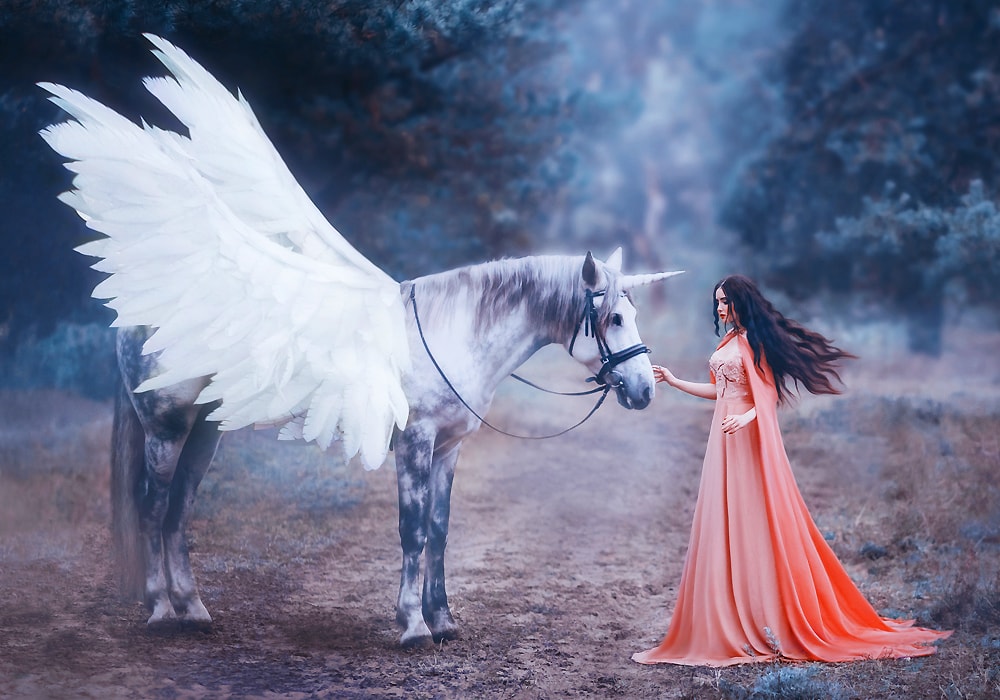
Many people believe that you can have multiple totem animals. In some cases, it is even believed that anyone can invoke an animal’s power by possessing a totem of said animal. These are usually physical objects crafted in the animal’s likeness with the intent to make a connection with the animal’s spirit. (19)
Animal Power Animal
Power animals function similarly to both totem and spirit animals. In fact, some people do not draw distinctions between the three concepts. Power animals, like totem animals, tend to be a bit more focused on the individual talents or strengths of an animal rather than a personality type.
Some people believe that power animals are particularly inclined to appear during times of need as a source of strength, guidance, or comfort. Thus, somebody with the squirrel spirit animal may be visited by the stork power animal during a period when they are in need of luck or blessings.
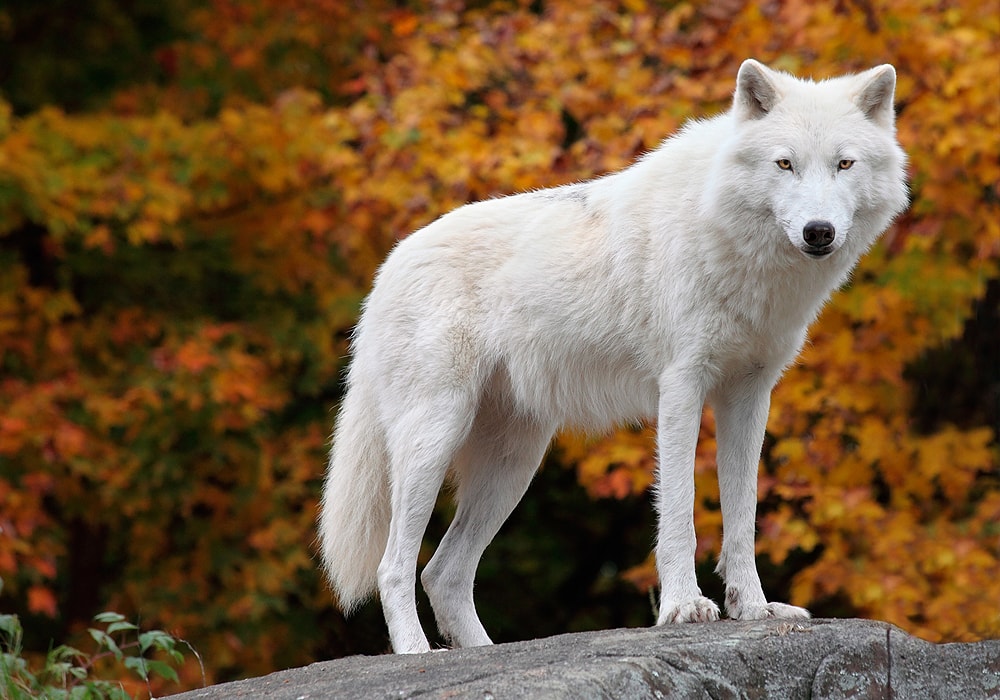
A power animal may also come with distinct weaknesses or blind spots. For example, the curious and intelligent crow spirit animal may become lazy when their brain is not stimulated or challenged properly. (20)
Animal Tattoo Meaning
It is estimated that nearly 25% of tattoos are animal tattoos. People often choose animal tattoos to commemorate an animal that has had an impact on them or to invoke a desired animal trait.
For this reason, there is no one meaning for any animal tattoo. Tattoos are highly personal and subjective.
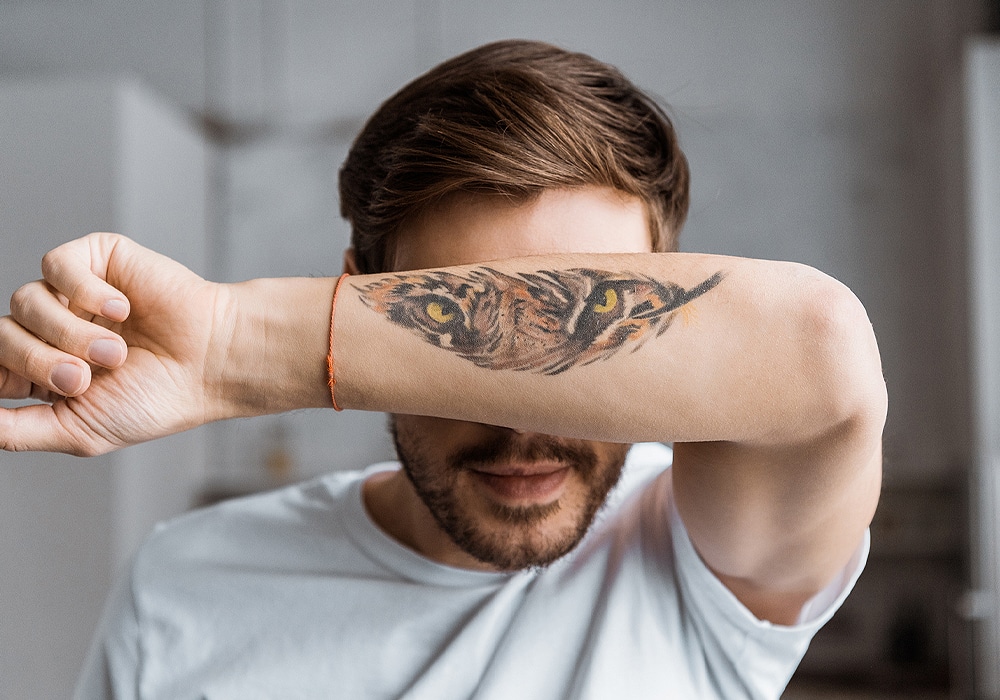
Animal tattoos may also be rooted in certain cultural practices. In a number of cultures, tattoos are highly symbolic and may be obtained during certain stages of life as personal symbols or rites of passage.
Some of the most common animal tattoos are cats, dogs, bears, snakes, birds of prey, butterflies, big cats, wolves, and songbirds. (21)
Conclusion
There is so much one could say about animal symbolism. Animals are an essential part of the human experience. As such, they are rich with meaning. Understanding animal symbolism can be a valuable resource for connecting with the natural world or for understanding the self a bit better. For help discovering your spirit animal or interpreting a dream or encounter, be sure to check out our more specific symbolism articles!
Related:
- Elephant Symbolism & Meaning (+Totem, Spirit & Omens)
- Fox Symbolism & Meaning (+Totem, Spirit & Omens)
- Deer Symbolism & Meaning (+Totem, Spirit & Omens)
- Wolf Symbolism & Meaning (+Totem, Spirit & Omens)
- Fish Symbolism & Meaning (+Totem, Spirit & Omens)
- Bird Symbolism & Meaning (+Totem, Spirit & Omens)

